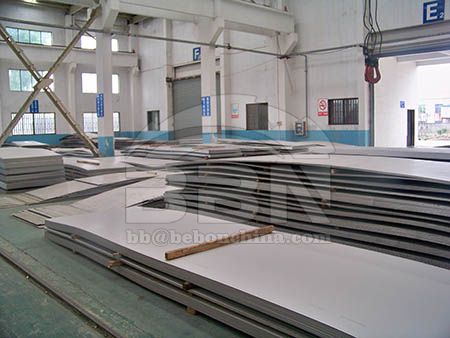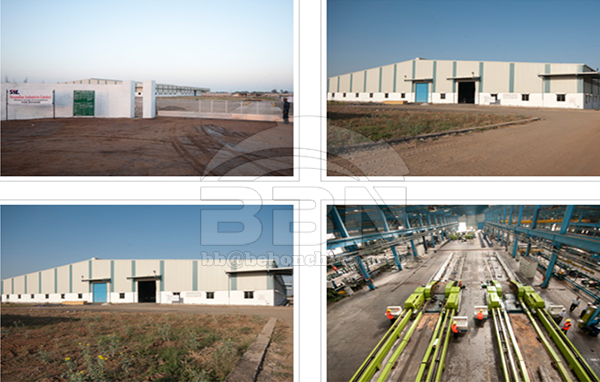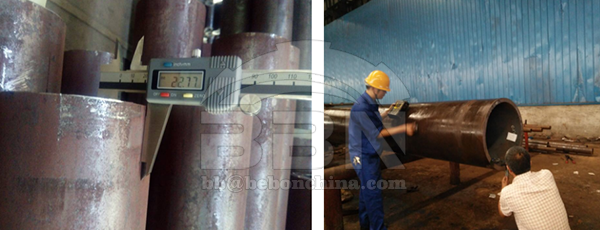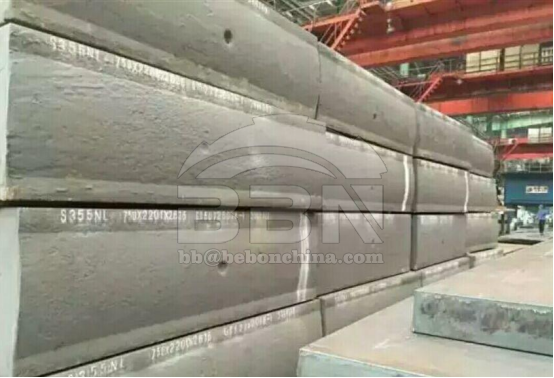
304 stainless steel and 316 stainless steel are common stainless steel materials, mainly widely used in chemical, medical, food processing and other fields. The main difference between them lies in their composition and performance characteristics.
Firstly, in terms of composition, 304 stainless steel contains 18% chromium and 8% nickel, while 316 stainless steel contains 2% molybdenum in addition to 18% chromium and 8% nickel. This makes 316 stainless steel have higher corrosion resistance, especially in chloride environments where it performs better. Secondly, 316 stainless steel has better strength and wear resistance than 304 stainless steel, so it is usually chosen in situations where higher corrosion resistance and tensile strength are required.
However, due to the high cost of 316 stainless steel, some applications still choose 304 stainless steel as an economical alternative. Overall, the choice of 304 or 316 stainless steel depends on the specific usage environment and requirements, taking into account factors such as performance, cost, and durability.
Just like you, 70% customers choose long-term cooperation with BBN steel not only for our good product and service quality, good reputation in the international market, but also for our experienced one-stop raw material supply and further steel processing!








Henan BEBON Iron&Steel co.,ltd.